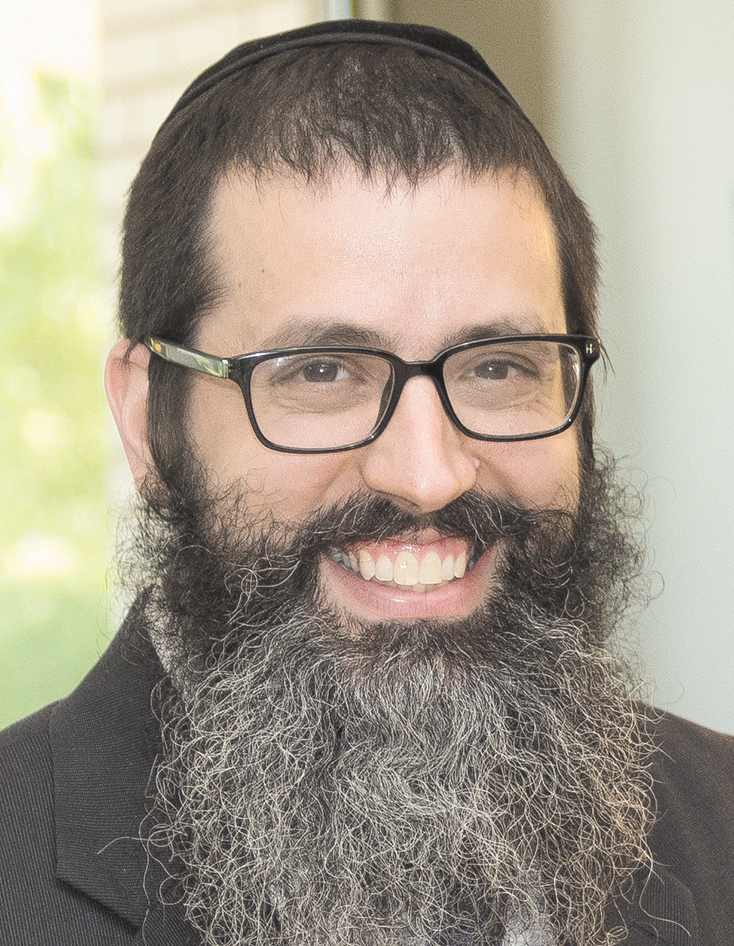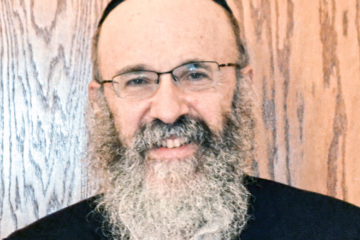Lessons from Mount Sinai

By Rabbi Levi Simon
Chabad of Greater Dayton
On Shavuot, this year on May 25-27, Jews around the world commemorate the monumental event of the Giving of the Torah on Mount Sinai.
However, the significance of this event reaches far beyond the past; it is an experience that is relived every year and, to a lesser extent, every day.
We can discover valuable insights on how to approach the Torah and its acquisition in our lives from the teachings of our sages and the significance of the physical setting.
The choice of Mount Sinai as the site for the Giving of the Torah holds symbolic meaning.
Despite being the smallest of all mountains, it was precisely this mountain that God chose for this transformative event.
The emphasis on humility becomes apparent, as Torah requires a balance between humility and self-esteem.
Humility allows us to connect with God, recognizing our smallness in comparison to the Divine, while self-esteem empowers us to overcome obstacles and fulfill God’s will.
This delicate combination of humility and pride was exemplified by Moses himself. As the leader of the Jewish people, he had unparalleled spiritual achievements, yet he remained “more humble than all the men on the face of the earth.”
His humility stemmed from the understanding that his gifts were bestowed upon him by God, and his self-esteem arose from his unwavering dedication to fulfilling God’s will.
The setting of Mount Sinai in the desert holds further lessons. The desert represents a place without an owner, emphasizing that the Torah is not the sole possession of a select few.
It is accessible to every Jew, regardless of background or status or intellectual capabilities. Our ancestors demonstrated this commitment when they unequivocally accepted the Torah before fully comprehending its commandments.
The barrenness of the desert also teaches us a valuable lesson. Just as our ancestors relied on God for sustenance and trusted in His providence, we too should prioritize our dedication to the study and observance of the Torah over material concerns.
Even in times of hardship and uncertainty, we must have faith that God will provide for our needs as He did for our ancestors.
Moreover, the metaphor of the desert extends to spiritual barrenness and emptiness.
When we feel spiritually depleted, we must remember that the Torah was given in the desert, and even in our present circumstances, God grants us the opportunity to connect with Him through His precious gift.
We must share this gift with others, reaching out to even the seemingly barren souls among us, and through the power of Torah, help them flourish and grow.
As we celebrate Shavuot, let us reflect on the profound teachings of our sages and the symbolic lessons of Mount Sinai.
May we embrace the balance of humility and self-esteem, transcending our personal limitations to connect with God through the study and observance of His Torah.
May the lessons of unity, humility, and dedication to God’s will guide us toward a meaningful and transformative Shavuot experience. Chag Sameach!
To read the complete June 2023 Dayton Jewish Observer, click here.





